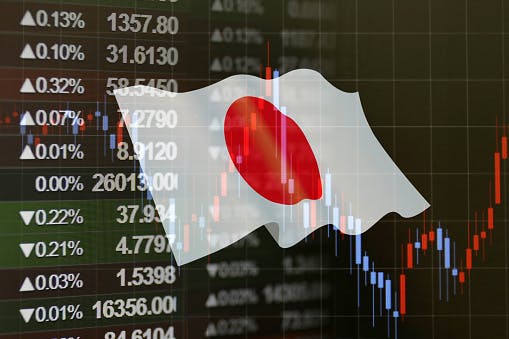
Tokyo is taking new steps to shift Japan’s long-standing cash-hoarding culture, particularly among its younger population, by fostering a greater interest in personal investing. The initiative is part of a broader national strategy aimed at stimulating economic growth and addressing demographic challenges such as an aging population and low consumption rates.
For decades, Japanese households have traditionally favored saving money in cash or bank deposits over investing in financial markets. This conservative approach has contributed to sluggish domestic demand and limited capital flowing into productive sectors.
The Japanese government is now reversing that trend. Recent policy changes include expanded tax incentives for individual investors, upgrades to financial literacy programs in public education, and partnerships with fintech firms to make investing more accessible and less intimidating.
One key component of the plan involves the revision of the Nippon Individual Savings Account (NISA) program, a tax-advantaged investment scheme designed to promote long-term savings through stocks and mutual funds. Beginning in 2024, the revised NISA will offer higher investment limits and indefinitely extended tax benefits, making it more attractive to young savers.
By seeding a culture of personal wealth growth through financial markets, officials hope to not only empower younger generations but also inject fresh vitality into the country’s economic cycles. Authorities believe that broad-based participation in investing will fortify the middle class and prompt more domestic innovation through stronger support for start-ups and publicly traded companies.
Financial experts emphasize that sustaining such a cultural shift will require consistent education and policy support over the long term. Still, Tokyo remains optimistic that by engaging youth now, Japan can build a more resilient, self-reliant economic model for the future.
Source: https:// – Courtesy of the original publisher.








